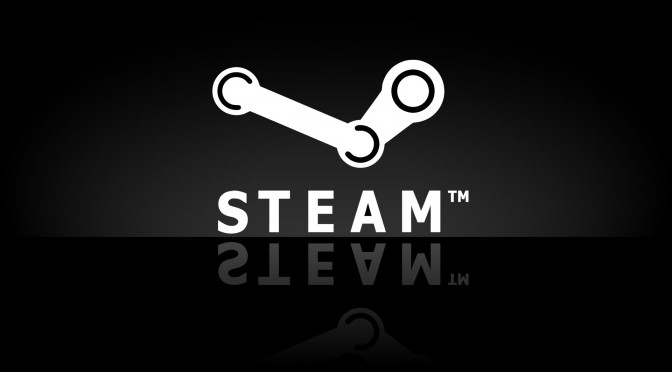Valve has just announced that it will open up its Steam store to all developers. The company will no longer police its content, meaning that it will welcome all sorts of games to its library, unless they are illegal or trolling games.
As Valve stated:
“If you’re a player, we shouldn’t be choosing for you what content you can or can’t buy. If you’re a developer, we shouldn’t be choosing what content you’re allowed to create. Those choices should be yours to make. Our role should be to provide systems and tools to support your efforts to make these choices for yourself, and to help you do it in a way that makes you feel comfortable.”
As such, Valve will allow everything onto the Steam Store, except for things that it decides are illegal, or straight up trolling. Therefore, Valve is currently building the appropriate tools for users to use.
“Taking this approach allows us to focus less on trying to police what should be on Steam, and more on building those tools to give people control over what kinds of content they see. We already have some tools, but they’re too hidden and not nearly comprehensive enough. We are going to enable you to override our recommendation algorithms and hide games containing the topics you’re not interested in. So if you don’t want to see anime games on your Store, you’ll be able to make that choice. If you want more options to control exactly what kinds of games your kids see when they browse the Store, you’ll be able to do that.”
Valve also claimed that developers who create controversial games will need better tools. As such, the team will be building tools and options to support them too.
“As we mentioned earlier, laws vary around the world, so we’re going to need to handle this on a case-by-case basis. As a result, we will almost certainly continue to struggle with this one for a while. Our current thinking is that we’re going to push developers to further disclose any potentially problematic content in their games during the submission process, and cease doing business with any of them that refuse to do so honestly. We’ll still continue to perform technical evaluations of submissions, rejecting games that don’t pass until their issues have been resolved.”
John is the founder and Editor in Chief at DSOGaming. He is a PC gaming fan and highly supports the modding and indie communities. Before creating DSOGaming, John worked on numerous gaming websites. While he is a die-hard PC gamer, his gaming roots can be found on consoles. John loved – and still does – the 16-bit consoles, and considers SNES to be one of the best consoles. Still, the PC platform won him over consoles. That was mainly due to 3DFX and its iconic dedicated 3D accelerator graphics card, Voodoo 2. John has also written a higher degree thesis on the “The Evolution of PC graphics cards.”
Contact: Email

